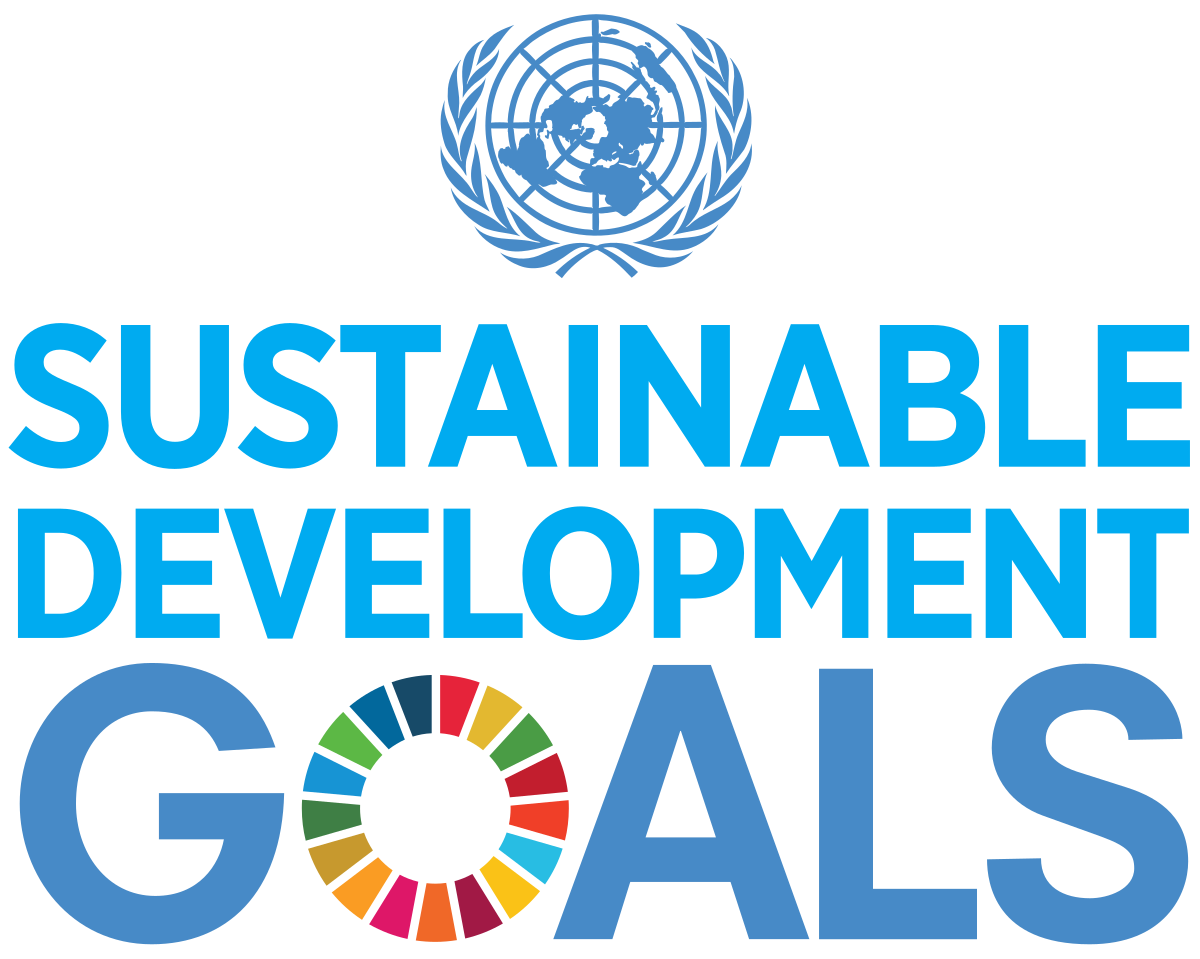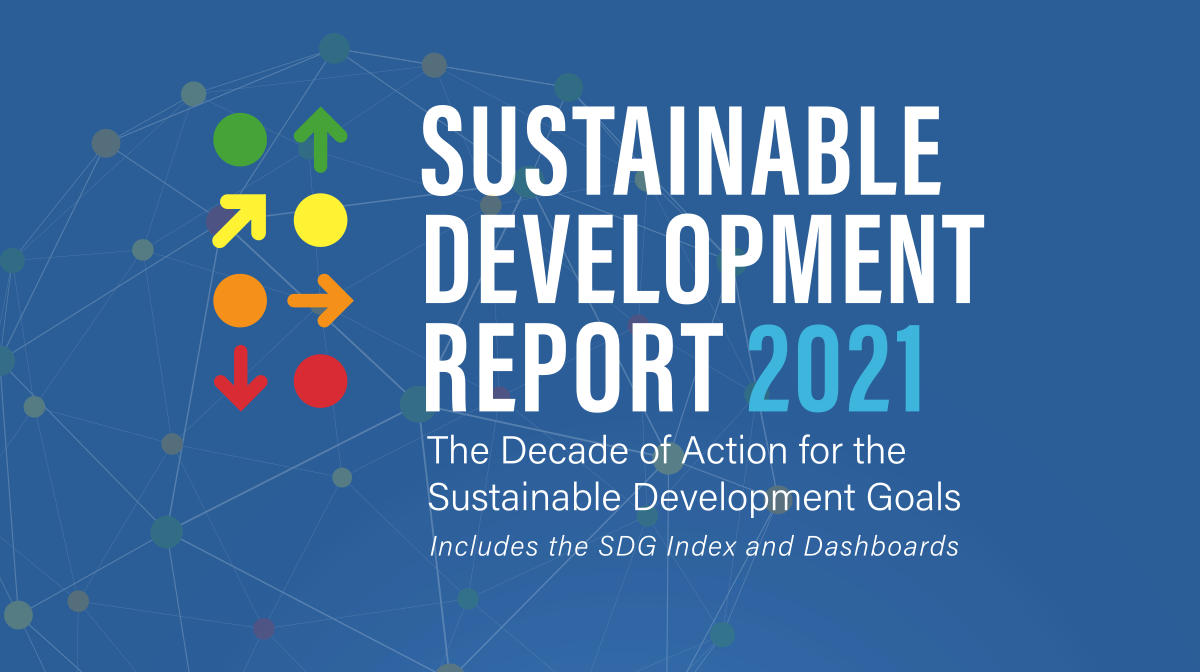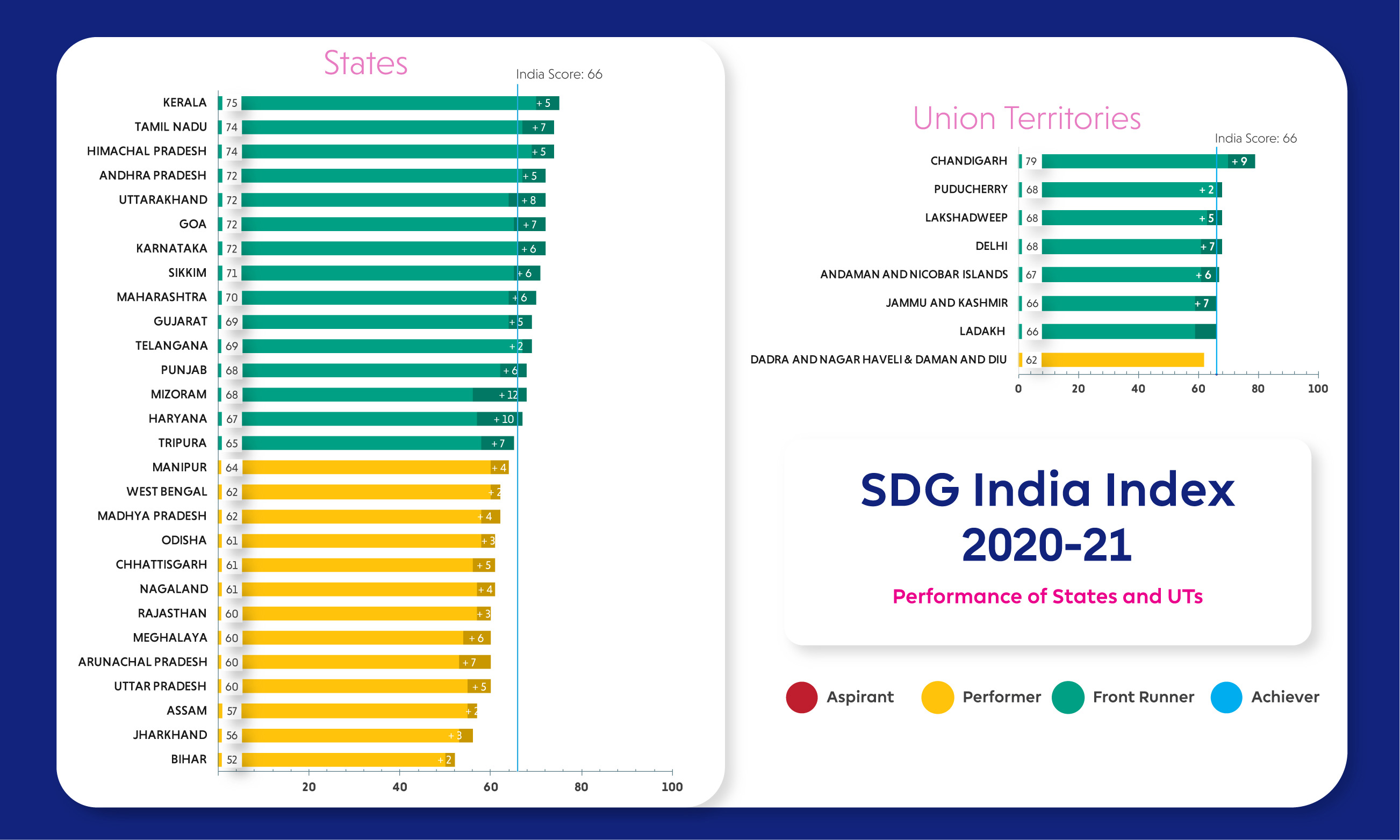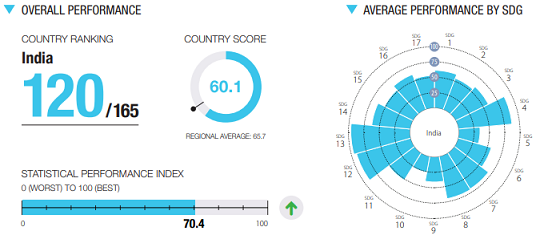SUSTAINABLE DEVELOPMENT GOALS AND REPORTS 2021
Sustainable development is an organizing principle for meeting human development goals while also sustaining the ability of natural systems to provide the natural resources and ecosystem services on which the economy and society depend.
WHAT ARE THE SDGS?
In September 2015, 193 countries came together at the United Nations to adopt and commit to a long-term, comprehensive strategy to tackle the world’s greatest challenges related to global sustainable development. The result was the SDGs, a list of 17 goals to achieve a better and more sustainable future for all by 2030.
WHY ARE THE SDGS IMPORTANT?
While each goal matters on its own they all interconnect, incorporating social, economic and environmental sustainability, or as the UN puts it, a global blueprint for dignity, peace and prosperity for people and the planet, now and in the future. According to Professor Jeffrey Sachs, Director, The Earth Institute, Columbia University, adopting global goals is important for the following reasons:
• Encourage social mobilization
• Create peer pressure among political leaders
• Spur networks of expertise, knowledge and practice into action
• Mobilize stakeholder networks across countries, sectors and regions, coming together for a common purpose
History
The 2030 Agenda for Sustainable Development, adopted by all United Nations Member States in 2015, provides a shared blueprint for peace and prosperity for people and the planet, now and into the future. At its heart are the 17 Sustainable Development Goals (SDGs), which are an urgent call for action by all countries - developed and developing - in a global partnership. They recognize that ending poverty and other deprivations must go hand-in-hand with strategies that improve health and education, reduce inequality, and spur economic growth – all while tackling climate change and working to preserve our oceans and forests.
The SDGs build on decades of work by countries and the UN, including the UN Department of Economic and Social Affairs
In June 1992, at the Earth Summit in Rio de Janeiro, Brazil, more than 178 countries adopted Agenda 21, a comprehensive plan of action to build a global partnership for sustainable development to improve human lives and protect the environment.
Member States unanimously adopted the Millennium Declaration at the Millennium Summit in September 2000 at UN Headquarters in New York. The Summit led to the elaboration of eight Millennium Development Goals (MDGs) to reduce extreme poverty by 2015.
The Johannesburg Declaration on Sustainable Development and the Plan of Implementation, adopted at the World Summit on Sustainable Development in South Africa in 2002, reaffirmed the global community's commitments to poverty eradication and the environment, and built on Agenda 21 and the Millennium Declaration by including more emphasis on multilateral partnerships.
At the United Nations Conference on Sustainable Development (Rio+20) in Rio de Janeiro, Brazil, in June 2012, Member States adopted the outcome document "The Future We Want" in which they decided, inter alia, to launch a process to develop a set of SDGs to build upon the MDGs and to establish the UN High-level Political Forum on Sustainable Development. The Rio +20 outcome also contained other measures for implementing sustainable development, including mandates for future programmes of work in development financing, small island developing states and more.
In 2013, the General Assembly set up a 30-member Open Working Group to develop a proposal on the SDGs.
In January 2015, the General Assembly began the negotiation process on the post-2015 development agenda. The process culminated in the subsequent adoption of the 2030 Agenda for Sustainable Development, with 17 SDGs at its core, at the UN Sustainable Development Summit in September 2015.
2015 was a landmark year for multilateralism and international policy shaping, with the adoption of several major agreements:
Sendai Framework for Disaster Risk Reduction (March 2015)
Addis Ababa Action Agenda on Financing for Development (July 2015)
Transforming our world: the 2030 Agenda for Sustainable Development with its 17 SDGs was adopted at the UN Sustainable Development Summit in New York in September 2015.
Paris Agreement on Climate Change (December 2015)
Now, the annual High-level Political Forum on Sustainable Development serves as the central UN platform for the follow-up and review of the SDGs.
The 17 sustainable development goals (SDGs) to transform our world:
GOAL 1: No Poverty
GOAL 2: Zero Hunger
GOAL 3: Good Health and Well-being
GOAL 4: Quality Education
GOAL 5: Gender Equality
GOAL 6: Clean Water and Sanitation
GOAL 7: Affordable and Clean Energy
GOAL 8: Decent Work and Economic Growth
GOAL 9: Industry, Innovation and Infrastructure
GOAL 10: Reduced Inequality
GOAL 11: Sustainable Cities and Communities
GOAL 12: Responsible Consumption and Production
GOAL 13: Climate Action
GOAL 14: Life Below Water
GOAL 15: Life on Land
GOAL 16: Peace and Justice Strong Institutions
GOAL 17: Partnerships to achieve the Goal
SUSTAINABLE DEVELOPMENT REPORT 2021
India has been ranked at 120th position in the Sustainable Development Report 2021 or Sustainable Development Index 2021.
According to the 6th Edition of ‘Sustainable Development Report 2021 (SDR 2021)’ released by Sustainable Development Solutions Network (SDSN), India with a score of 60.1 has been placed at 120th rank out of 165 countries. Finland topped the Index followed by Sweden & Denmark.
For the 1st time since 2015, all countries have shown a reversal in progress in achieving Sustainable Development Goals (SDG) due to the COVID-19 pandemic. SDR 2021 has been written by a group of authors led by Professor Jeffrey Sachs, President of the SDSN and has been published by Cambridge University Press.
The top 5 countries in this ranking are:
1- Finland;= 85.90
2- Sweden;=85.61
3- Denmark;=84.86
4- Germany;=82.48
5- Belgium=82.19
INDIA STATES REPORT
India has slipped three spots from last year's 117 to rank 120 on the 17 Sustainable Development Goals adopted as a part of the 2030 agenda by 192 United Nations member states in 2015, a new report said. With the latest rankings, India is now behind all south Asian nations except Pakistan, which stands at 129. The south Asian countries ahead of India are Bhutan ranked 75, Sri Lanka 87, Nepal 96 and Bangladesh 109
INDIA'S STATUS
India, only SDG 13 (Climate Action) has been achieved and is on track in maintaining the SDG achievement
Though their are major challenges yet, India has been on track to achieve SDG 6 (Clean water & sanitization)
SDG 4 (Quality Education) and SDG 15 (Life on Land) has deteriorated
Among the moderately improving goals are: SDG (No Poverty); SDG 3 (Good Health & Well Being); SDG 7 (Affordable & Clean Energy); SDG 8 (Decent Work & Economic Growth); SDG 9 (Industry, Innovation & Infrastructure); SDG 14 (Life Below Water)
In comparison to the Sustainable Development Report 2020, India dropped by three places in 2021. India has ranked 117th in 2020 with an overall score of 61.9










.png)


0 Comments